
The Elecsys pTau181 and Abeta42 cerebrospinal fluid assays achieved 90% concordance with amyloid PET scans, according to Roche’s announcement. The assays are approved for use with the cobas fully automated immunoassay analyzers.

The Elecsys pTau181 and Abeta42 cerebrospinal fluid assays achieved 90% concordance with amyloid PET scans, according to Roche’s announcement. The assays are approved for use with the cobas fully automated immunoassay analyzers.
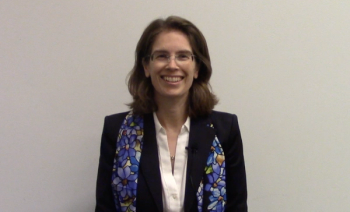
The professor of neurology at Washington University School of Medicine in St. Louis spoke about the field of newborn sleep and epilepsy based on a special lecture from the 2022 AES annual meeting. [WATCH TIME: 3 minutes]
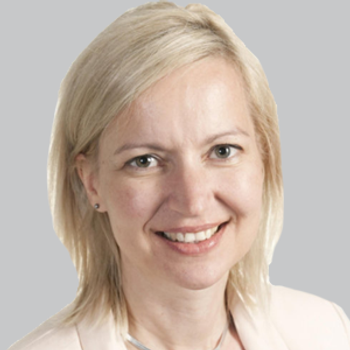
Subsequent diagnosis of Parkinson disease was associated with a range of risk factors such as alcohol misuse and traumatic head injury, along with several other comorbidities and prodromal features.
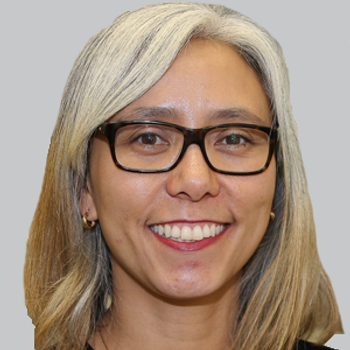
Percentage of daily energy from ultraprocessed food was associated with cognitive decline in participants younger than 60 years, suggesting the importance of preventive interventions in middle-aged adults.
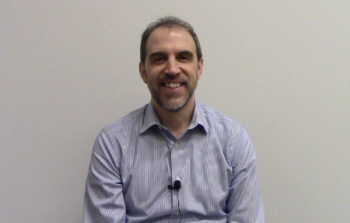
The pediatric epilepsy specialist at Weill Cornell Medicine spoke about how the Pediatric Epilepsy Learning Healthcare System has helped with gathering data at the 2022 AES Conference. [WATCH TIME: 6 minutes]
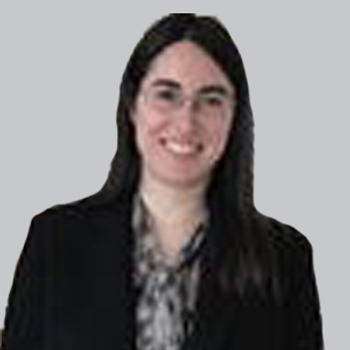
More than half of the patients who reported at least 1 trauma-related nightmare showed decreases after starting brief behavioral treatment.
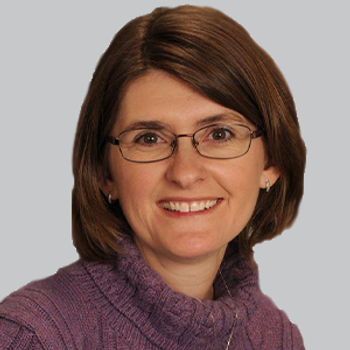
After nearly a year of treatment with fenfluramine, more than half of patients with Lennox-Gastaut syndrome demonstrated at least a 50% reduction in drop seizure frequency.
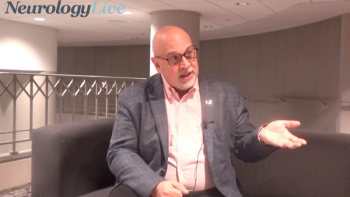
The director of the Comprehensive Center for Brain Health at the University of Miami Miller School of Medicine detailed the need for improved biomarkers of dementia with Lewy bodies and whether research in Alzheimer disease helps propel the field. [WATCH TIME: 3 minutes]

A qualitative study presented at the 2022 AES annual meeting showed that effective communication between clinicians and caregivers of patients with dravet syndrome improves care.

The professor of dementia and executive dean of the Faculty of Health at the University of Plymouth provided perspective on the SYMBAD trial, and eliminating the use of mirtazapine and carbamazepine as medications to treat Alzheimer agitation.

The professor of neurology at Washington University in St. Louis, spoke about sleep-wake patterns in epilepsy based on a special lecture from the 2022 AES Annual meeting. [WATCH TIME: 6 minutes]

Martina Bebin, MD, MPA, professor of neurology, University of Alabama at Birmingham Epilepsy Center, discussed Infantile Spasms Awareness Week, the strides made within the field, and the emphasis on early and accurate diagnosis.

After showing robust inhibition of biomarkers associated with integrated stress response, the eIF28 modulator will be assessed alongside several other potential agents in the HEALEY ALS Platform trial.
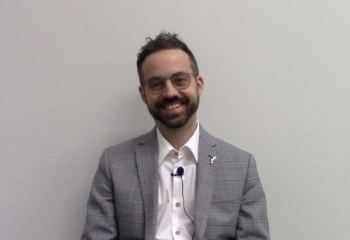
The associate professor of neurology at the University of Calgary spoke about advancing epilepsy care through patient-oriented research at the 2022 AES Annual Meeting. [WATCH TIME: 6 minutes]

Retrospective analysis of a group of individuals with stroke suggests that nonconvulsive acute symptomatic seizures are associated with long-term use of antiseizure medications, providing key data in guiding therapy use in this population.

Lucretia Long, APRN-CNP, an associate clinical professor of neurology at OSU Wexner Medical Center, offered her perspective on the benefits of having multiple specialists available to provide comprehensive care to patients.

Notably, though, cenobamate treatment was associated with weight reductions among patients who were categorized as overweight and obese, but not in those who were underweight or normal weight.
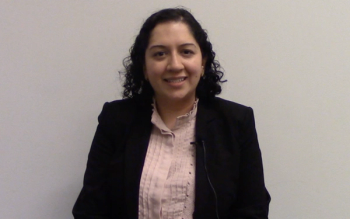
The associate professor of neurology at Wayne State University in Detroit, Michigan, spoke about expensive antiseizure medications for epilepsy along with spending for Medicare and Medicaid at the 2022 AES Annual Meeting. [WATCH TIME: 4 minutes]
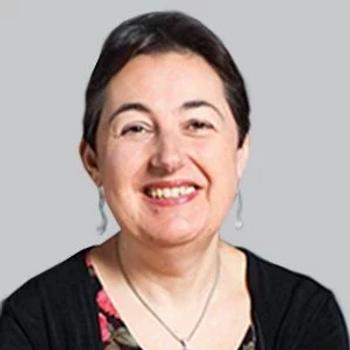
The investigational therapy from Xenon Pharmaceuticals showed marked reductions in monthly seizure frequency from months 14 to 20, with consistent safety and good retention rates.
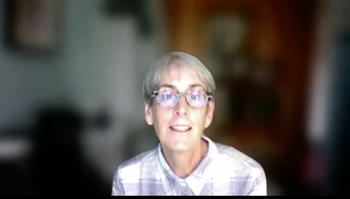
The professor of neurology and pediatrics at the University of Alabama at Birmingham Epilepsy Center provided perspective on the strides made with detection and treatment of infantile spasms. [WATCH TIME: 3 minutes]

Here's some of what is coming soon to NeurologyLive® this week.
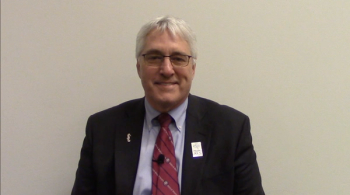
The professor of neurology at Washington University in St. Louis, and the president of the American Epilepsy Society, shared his perspective on John Hughlings Jackson’s observations of epilepsy in the brain and how it can inform modern practice. [WATCH TIME: 5 minutes]
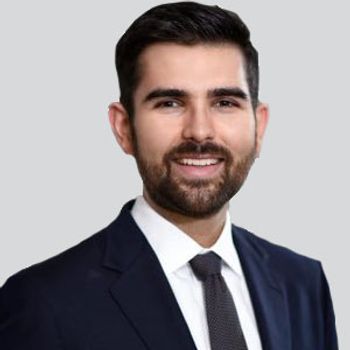
A survey conducted in conjunction with the Dravet Syndrome Foundation suggests that many patients with DS do not undergo the transition of care from pediatric to adult neurology providers, with caregivers of those who did expressing some concerns about the process.

Recent findings presented in a poster at the 2022 AES revealed that higher mortality and shorter lifespans were associated with patients with dementia who have active seizures.
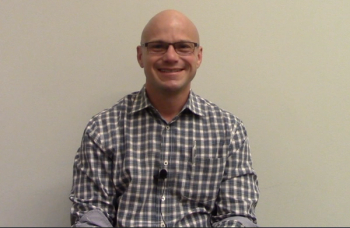
The assistant professor in the department of pharmacology and chemical biology at Emory University School of Medicine spoke about immune cells in epilepsy based on his special lecture at the 2022 AES Annual Meeting. [WATCH TIME: 4 minutes]

A retrospective observation study presented as a poster at the 2022 AES annual meeting revealed that youth with focal epilepsy were more at risk for suicidal ideation when there is a delay in receiving a diagnosis.
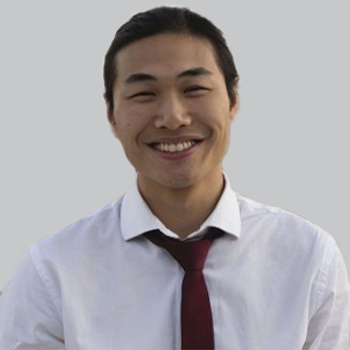
Data from the Pediatric Epilepsy Learning Healthcare System suggest that a variety of factors—including age, preference, insurance, and demographics—affect physician selection of antiseizure medications, with little standardization among this population.

Test your neurology knowledge with NeurologyLive®'s weekly quiz series, featuring questions on a variety of clinical and historical neurology topics. This week's topic is the history of the American Epilepsy Society.

The associate clinical professor of neurology at OSU Wexner Medical Center discussed the state of interdisciplinary care for individuals with epilepsy, and how these care teams operate. [WATCH TIME: 2 minutes]
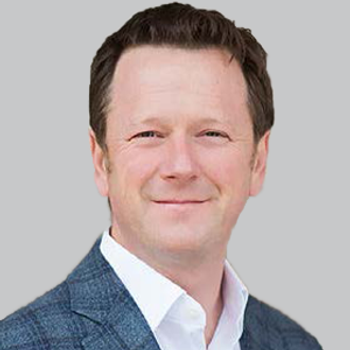
Data from the BUTTERFLY study of 36 children with Dravet syndrome have provided 12-month measurements of neurodevelopment, clinical status, quality of life, and executive function. Investigators expressed that these data will help inform future trial outcome measures.